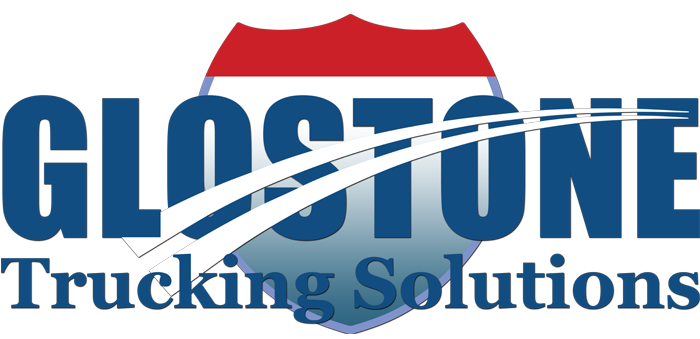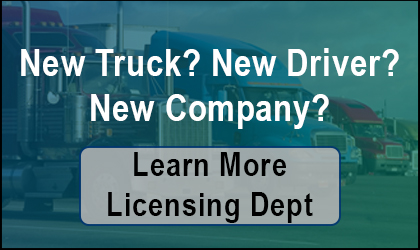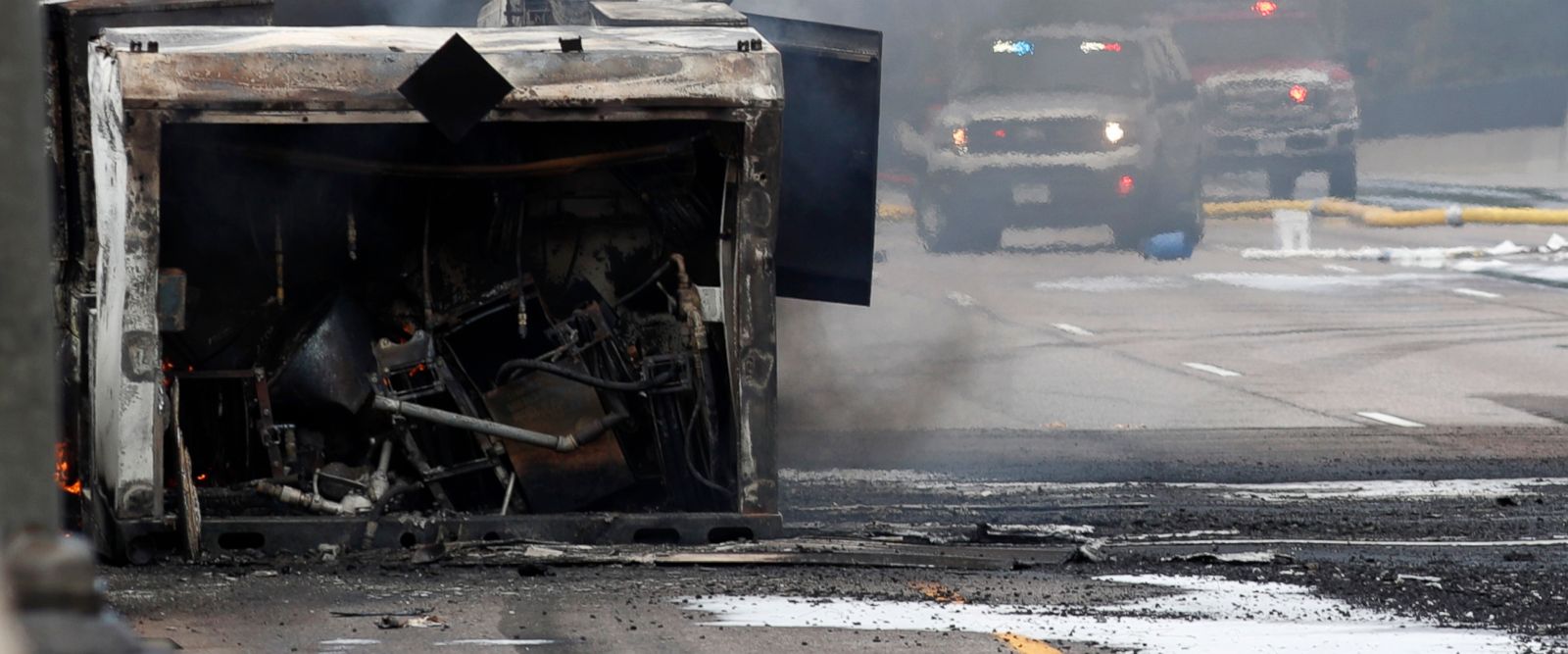
Tanker Truck on Highway near Denver Bursts into Flames, May Have Been Preventable
posted in Alerts by Brian Gray
Tanker Truck on Highway near Denver Bursts into Flames, May Have Been Preventable
Millions of dollars in accident costs could be prevented if maintenance is taken seriously.
According to ABC news, the driver of a tanker truck that burst into flames outside Denver was recovering Wednesday after he jumped out of the burning vehicle and tumbled into on-coming highway traffic.
Investigators say that the truck lost a tire, which caused the vehicle to crash into the I-25 concrete median, but it's not clear if the impact itself ignited the fire. The truck was quickly engulfed and sent a large plume of black smoke into the sky.
Video footage shows the driver having trouble standing and another person running toward him and helping him away from the burning vehicle. Another witness said the driver's leg was on fire.
Neglected maintenance may have caused the accident
CDOT has not yet assigned a root cause tire detachment, but former ODOT Inspector Tony Hugo, current Safety Director at Glostone Trucking Solutions, believes this accident could have prevented had the driver performed a thorough pre-trip inspection.
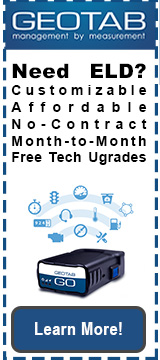 A thorough pre-trip inspection should reveal missing or loose lugnuts, low tire pressure, surface cracking, and other common tire defects. All of the aforementioned items can be easily identified by competent drivers and receiving violations, or getting into accidents due to such easily identifiable defects, reveals a lack of concern – by the driver, the company, or both – for maintaining the safety of the general motoring public and meeting DOT compliance standards.
A thorough pre-trip inspection should reveal missing or loose lugnuts, low tire pressure, surface cracking, and other common tire defects. All of the aforementioned items can be easily identified by competent drivers and receiving violations, or getting into accidents due to such easily identifiable defects, reveals a lack of concern – by the driver, the company, or both – for maintaining the safety of the general motoring public and meeting DOT compliance standards.
For example, Tony remembers one construction company who had their flatbed, which transported large equipment to the job site, sit inactive on a job-site for six months. During this period, the flatbed was backed into by another large vehicle, which in turn separated part of the flatbed’s main welds.
After the construction project was complete, a non-CDL driver hitched the damaged trailer to a truck and transported it to the next job-site without first conducting a pre-trip inspection on the trailer. Would he had done an inspection, the driver would have found that only four of the eight brakes worked, a couple of tires were nearly flat, and the structural integrity of the trailer was compromised by the broken weld. Any or all of these defects could have cause a terrible accident if Tony hadn’t caught these issues during his scale inspection of the trailer.
Register for June’s webinar: Know Before you Go – Passing a Level 1 Maintenance Inspection
Truck accidents are expensive - visible and hidden costs of a truck accident
Hidden costs can be four to ten times greater than the visible costs, according to an article by Jeff Ross, CPA, CRP. It is absolutely crucial for companies to realize the impact of hidden costs in a truck accident, not to mention the amount of revenue that must be generated to make up for lost profits from these hidden costs.
Visible (direct) costs include: cargo damage, vehicle damage, personal injury costs, medical costs, loss of revenue, increased of insurance premiums and deductibles, towing costs, and storage of the damaged vehicle.
Hidden (indirect) costs include: lost customers, lost sales, lost productivity, the cost to hire or train replacement workers, loss of, or damage to, third-party property, vehicle replacement, damaged equipment downtime, accelerated depreciation of equipment, tarnished public perception and brad, charges from government agencies to replace or repair property, and more.
The FMCSA found that the average cost of a truck crash when including data for all medium or heavy trucks was $148,279. The cost of the average crash involving a tractor-trailer pulling one trailer was found to be $172,292, and for two or three trailers, the costs amount to a stunning $511,582.
An article in the Business Report stated that considering the average cost per truck accident, a company would be required to generate $7,413,950 of additional revenue to pay the costs of the accident, assuming an average profit margin of 2%. Additionally, the cost of a truck accident with a fatality is considerably higher at $7,633,600.
Threats of diesel or other HAZMAT liquid spills
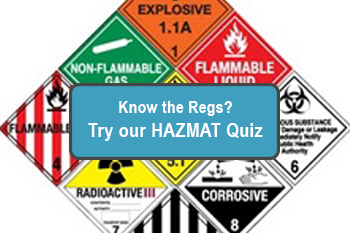

Due to the local EPA’s intervention, the trucking company will most likely be required to pay for the emergency response and clean-up costs associated with the accident, regardless of which party is at fault for the spill.
According to an environmental clean-up company, Spill Center, the average amount of fuel released in tractor-trailer involved accident is just over 100 gallons, the average cost per incident is nearly $15,000, and fleets can expect about 1% of their power units to have a spill per year.
"If you have care, custody, and control of a material at the time of loss, as a matter of law, you're a spill generator," Tom Moses, president of the Spill Center, explains. He goes on to state:
"So while (the trucker) is standing on the side of the road arguing that he didn't cause the accident, the fuel or hazmat is entering water, a storm sewer or drain, contaminating soil or a third-party owner's well. He's actively exacerbating the damages, allowing them to get bigger and bigger and bigger. At the end of the day, all eyes are going to be on him."
The deadline for reporting a hazmat incident can be as short as one hour. If your driver did everything right but failed to make the required notification within one hour, your company could still be facing a $15,000 fine.
Glostone’s Maintenance Solution with our Customized Technology Based Fleet Compliance
Are you using a telematics or fleet management solution in your trucks? If you are, great! This technology can allow you to more consistently prevent maintenance lapses that lead to accidents and DOT violations. However, many companies do not use their solution (or they don’t have one) to its fullest capacity to assist in complying with DOT vehicle maintenance regulations.
However, Glostone can help you better use your current telematics solution or match you with a telematics solution to meet your maintenance goals. Our Vehicle Maintenance Management Service includes assistance in developing a preventive maintenance schedule, monitoring DVIR(s) and inspection schedules and documentation, tracking defects and repairs, retaining essential vehicle maintenance compliance files, and audit support.
For more information on how we can help, call us at 503-607-1088 or visit us at our website.
choosing an eld eld maintenance truck accident trucking inspection vehicle inspection
